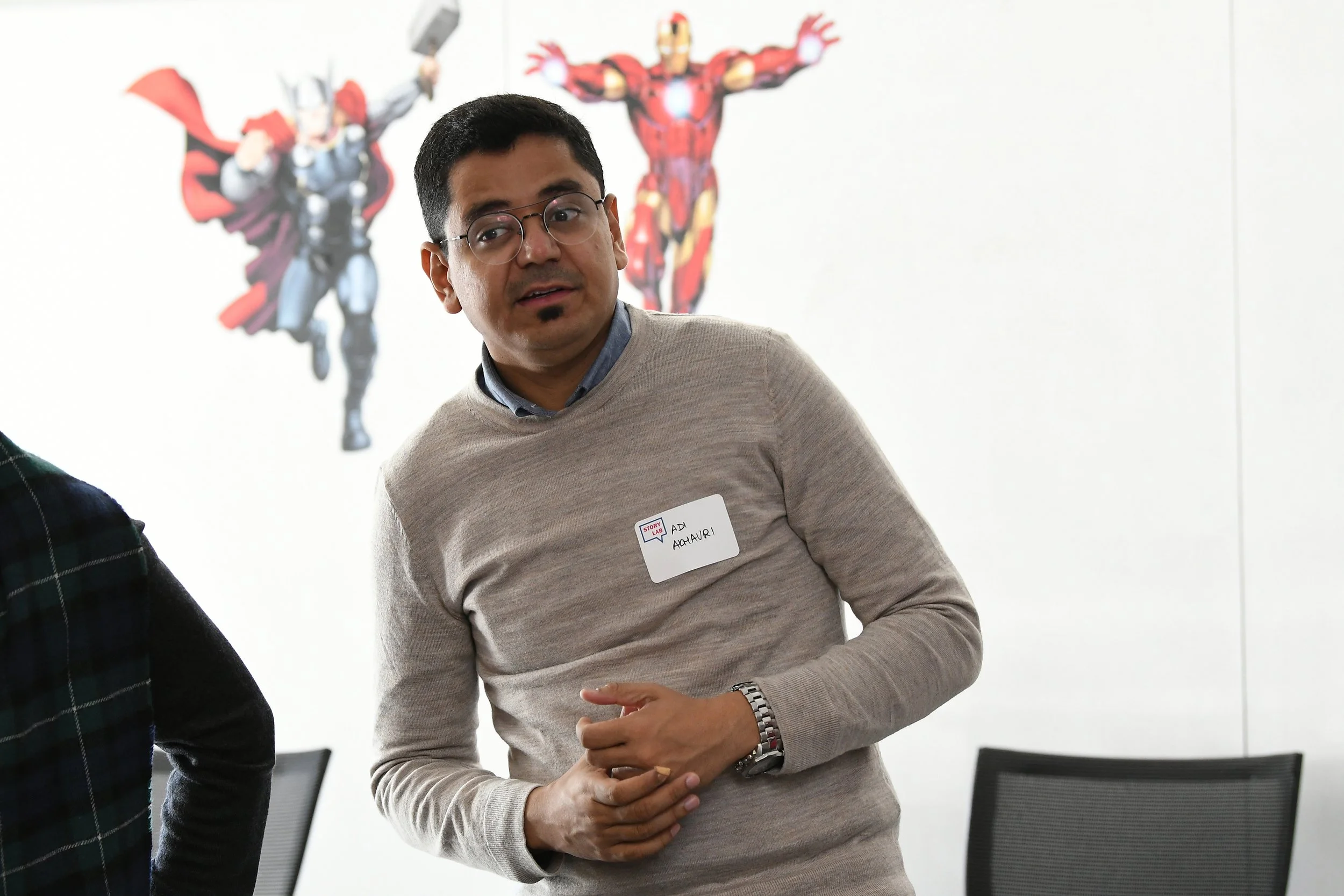RESOURCES
Influential Storytelling
Before the Workshop
Story Consultation
Still want some help on the pre-work? Set up a 15-min coaching call with Stephanie or Kara to talk through your challenges and make sure you’re set up to maximize your experience in the workshop.
Pre-work FAQs
Is the pre-work causing you trouble or proving to be more challenging than expected? Here are some frequently asked questions that might help you choose a story to workshop.
+ What type of story should I choose?
If you're joining the workshop with your team or to use storytelling to be a more compelling communicator at work, consider choosing a story that will resonate with your stakeholders or related to a theme or topic that comes up a lot for you. Consider crafting a go-to customer success story, user story or leadership or failure story.
That said, the world is your oyster! People taking the workshop have developed impactful stories of all shapes and sizes, on every topic and from all different types of experiences and moments in their lives. The trick to choosing a story is not to overthink it. You don’t have to choose the “perfect” story. You just have to choose any story that you can work on.
+ Can I use a personal story or should it be a professional story?
We’ve found personal and professional stories are relevant across their respective boundaries. For example, a story of a mother and son dealing with a broken garage opener has a lesson about teamwork inside it. A story of professional conflict might surface a discovery about personal identity. A story about getting lost, a childhood crush, adopting a cat (all examples from previous workshops) have themes relevant to the human experience that transcend personal/professional boundaries.
+ What type of story should I tell if it’s for a [INSERT TYPE] audience?
Think about the audience and what you would want to communicate to them. Any story that comes to mind that hints at your message is good to go with! That said, sometimes finding a story when you already have a theme or a message in mind can feel too restrictive or limiting. To ease the brainstorming challenge, release the pressure to find the perfect story for exactly the message you want to communicate. Instead just pick any story that you'd be happy to workshop. In the workshop experience two things will happen: (1) You'll discover that the message you thought your story communicated isn't necessarily the only one, or the most compelling one, and (2) we'll share strategies for how to build a library of stories over time that will making finding the "perfect" story easier.
+ Can my story happen over a long period of time? Or should it be about a very specific moment in time?
We’ll talk about story structure more during the workshop, but for the sake of brainstorming, stories have very few “must have” requirements. What you need is a beginning, middle, and end. A common issue that can arise with stories that happen over long periods of time is that the beginning is hard to pinpoint, or the end hasn’t happened yet. As long as all three components of the story are there, then you will be able to workshop it successfully.
+ I can’t decide between two stories, what do I do?
There’s no right answer here. Just pick one. You can do the other one on your own after the workshop. In fact, we’ll tell you to do many more on your own! Eventually you’ll want to build a library of stories to draw from. Don’t let yourself stress about choosing exactly the right story for the workshop experience. In the workshop you'll learn the process by which you can refine any story, so you'll always be able to leverage the skill in the future.
+ The story I want to do might make me emotional. Should I pick a different story?
In the workshop, participants may share moments in their lives that are wrought with emotion. Those who choose to share these stories later report that the workshop experience itself was extremely cathartic because it allowed them to process and integrate the story more fully into their lives. That being said, be sure you’re comfortable with the fact that you will be sharing your story with others in the room. You will be expected to share your story with at least a few other participants as part of your engagement in the workshop. Showing emotion is not a problem, but if you’re physically uncomfortable, or unable to complete the telling of your story, consider an alternative for the purposes of the learning.
+ The story I have in mind doesn’t feel significant or powerful enough. What should I do?
You’d be surprised what others feel is valuable or interesting about a story that we don’t see in our own stories. Something about the story is compelling to you, otherwise it wouldn’t come to mind. You may just not quite know what that is yet. Don’t worry... that’s part of the purpose of the workshop. Others will listen to your story and give you feedback about what they hear, which will help you find the hidden meaning below the surface.
+ Will I be expected to tell this story publicly in the workshop?
During the workshop, we’ll have you share the story out loud several times. First with a partner, then in a group of three. At the end of the workshop we ask for volunteers to share their story with the entire group, but we won’t have time for everyone to stand up and share.
+ Any last advice?
Choose a story you have interest and energy in refining.
... Or choose a story for which you already have a specific audience or purpose in mind.
... Or choose the first story you can think of.
Throughout the workshop we will take you through a story-refinement process. When the workshop is over, you will have the rest of your life to re-use the process on other stories in the future. We ask that you choose one story for the workshop just so you have something you can practice with. You do not need to find the one "perfect" story to learn what’s there for you to learn.
If you’re still not sure what to do, reach out to Stephanie or Kara (your facilitators) directly. We’re available for 15-minute phone calls and can help you with any element of your prework–from brainstorming to choosing a story.































